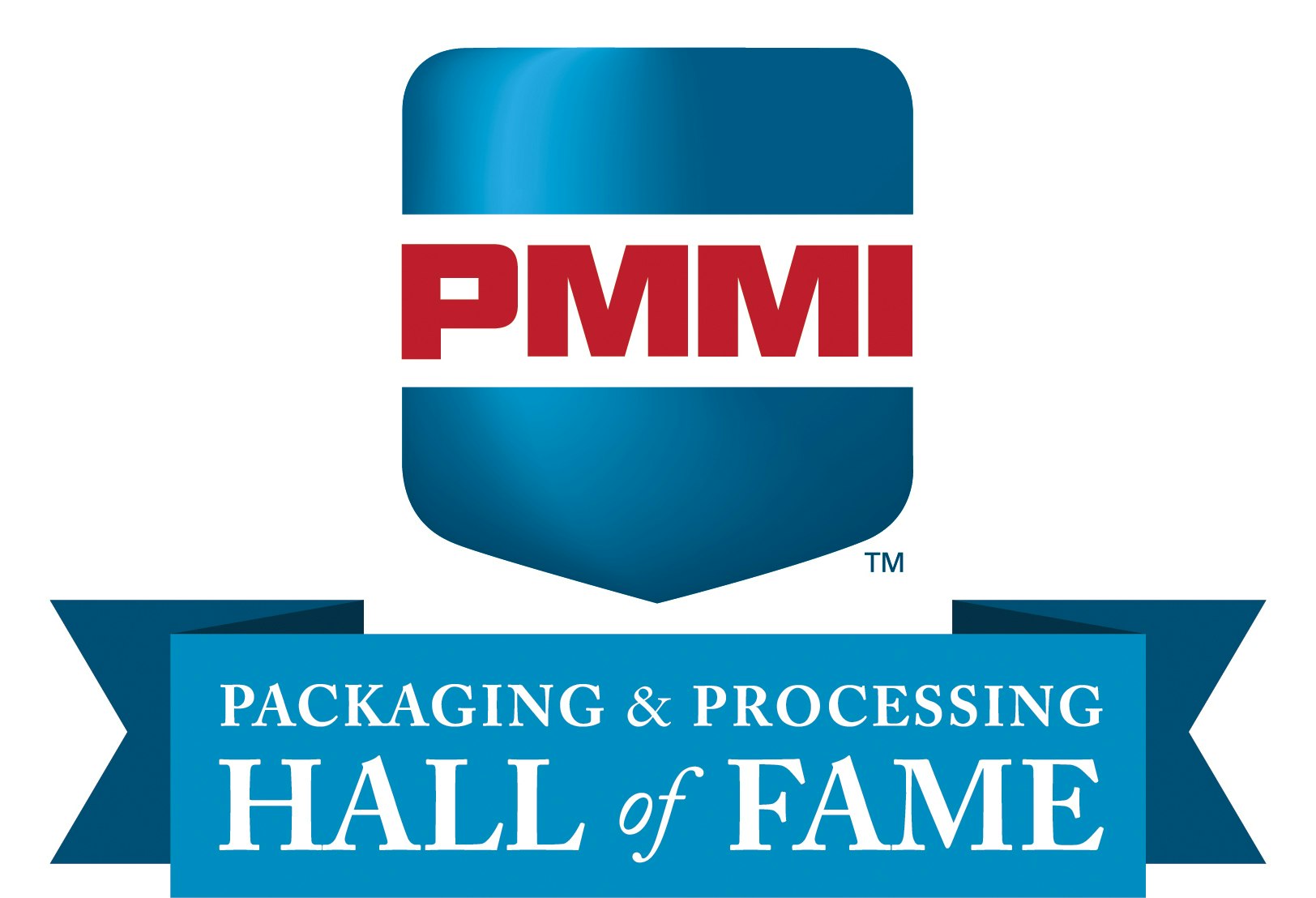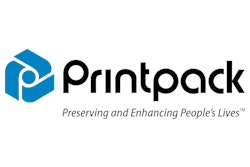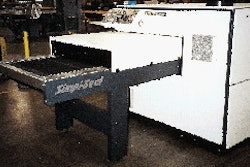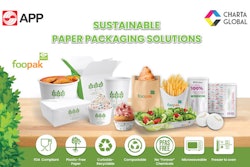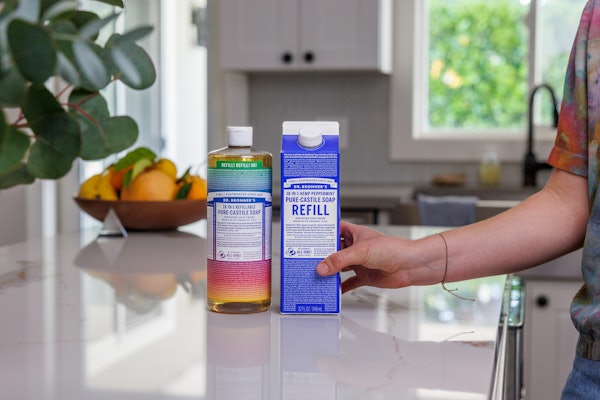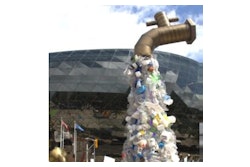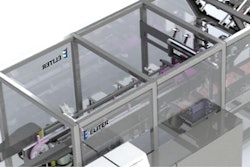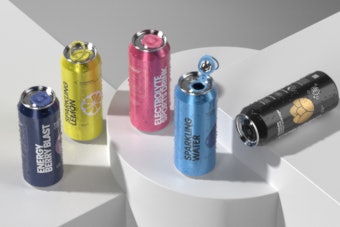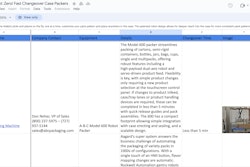Some of us who aren't lawyers are wondering how DOJ's move will keep aluminum beverage can prices down. DOJ filed suit on December 29 to kill the deal, contending: "Alcoa's purchase of the Reynolds plant will reduce competition by making it easier for the few remaining producers to increase the price of can stock in the United States." The following day Alcoa Chairman/CEO Paul H. O'Neill sent Reynolds Chairman/CEO Jeremiah Sheehan a short note, saying, "In light of the DOJ position in this matter, we have decided not to go forward with our planned acquisition." Back on April 14, 1997, Alcoa had agreed to pay Reynolds $250 million for the facility. Alcoa already enjoys around 40% of the North American aluminum can sheet business. Reynolds' market share is about 21%. Reynolds wants to sell the operations as part of its planned exit from the beverage can manufacturing business. As DOJ understood the deal, Reynolds was to shut the facility before turning it over to Alcoa. Alcoa, observed DOJ, "has no need for additional can stock production capacity, and no present intention of using the facility to produce can stock." Reynolds denies that a shutdown was part of the agreement. Alcoa would supply Reynolds' cansheet needs for seven years. Alcoa presumably wouldn't operate the Muscle Shoals facility because: 1) there's now more can sheet capacity than the market needs, and 2) the operations are thought to need a significant (more than $500 million) upgrade to bring them up to Alcoa's operational cost-efficiency standards. "Allowing Alcoa to buy Reynolds only to shut it down will hurt consumers-both the manufacturers of cans and the millions of Americans who buy soft drinks and other beverages packaged in cans," says DOJ. "The removal of Reynolds, which has been an important competitive force in the market, will result in those consumers paying higher prices." Never mind that Alcoa is a lower-cost producer of cansheet. With the Alcoa deal effectively spiked, Reynolds now has a cansheet rolling mill it doesn't want. What's more, DOJ's thinking about "the removal" of Reynolds as "an important competitive force in the market" may be complicating talks Reynolds is having with Ball Corp. (Muncie, IN) about Ball taking over Reynolds' can-making operations. Will DOJ ice a Ball purchase of the Reynolds can-making business-in as much as that would reduce the number of domestic beverage can-makers from five to four? Is Reynolds going to be forced to bundle its integrated cansheet business with its can business to sell it? (Isn't that what DOJ is trying to prevent Microsoft from doing?) Lower aluminum raw material prices, lower PET resin and bottle prices, lower demand for beverage cansheet, more cost-efficient, high-volume cansheet production-these can keep cansheet prices in check. Will spiking the Reynolds/Alcoa deal affect any of those cansheet price drivers? We wonder how.
DOJ kills Reynolds/Alcoa deal; will it chill Reynolds/Ball talks?
In late December the U.S. Department of Justice moved to prevent Reynolds Metals Co. (Richmond, VA) from selling its Muscle Shoals, AL, aluminum can stock rolling mill to Alcoa (Pittsburgh, PA).
Jan 31, 1998
Companies in this article
Videos from Printpack
Machinery Basics
How Can You Honor a Leader?
Induction into the Packaging & Processing Hall of Fame is the highest honor in our industry. Submit your leader to be considered for the Class of 2024 now through June 10th. New members will be inducted at PACK EXPO International in Chicago
Read More